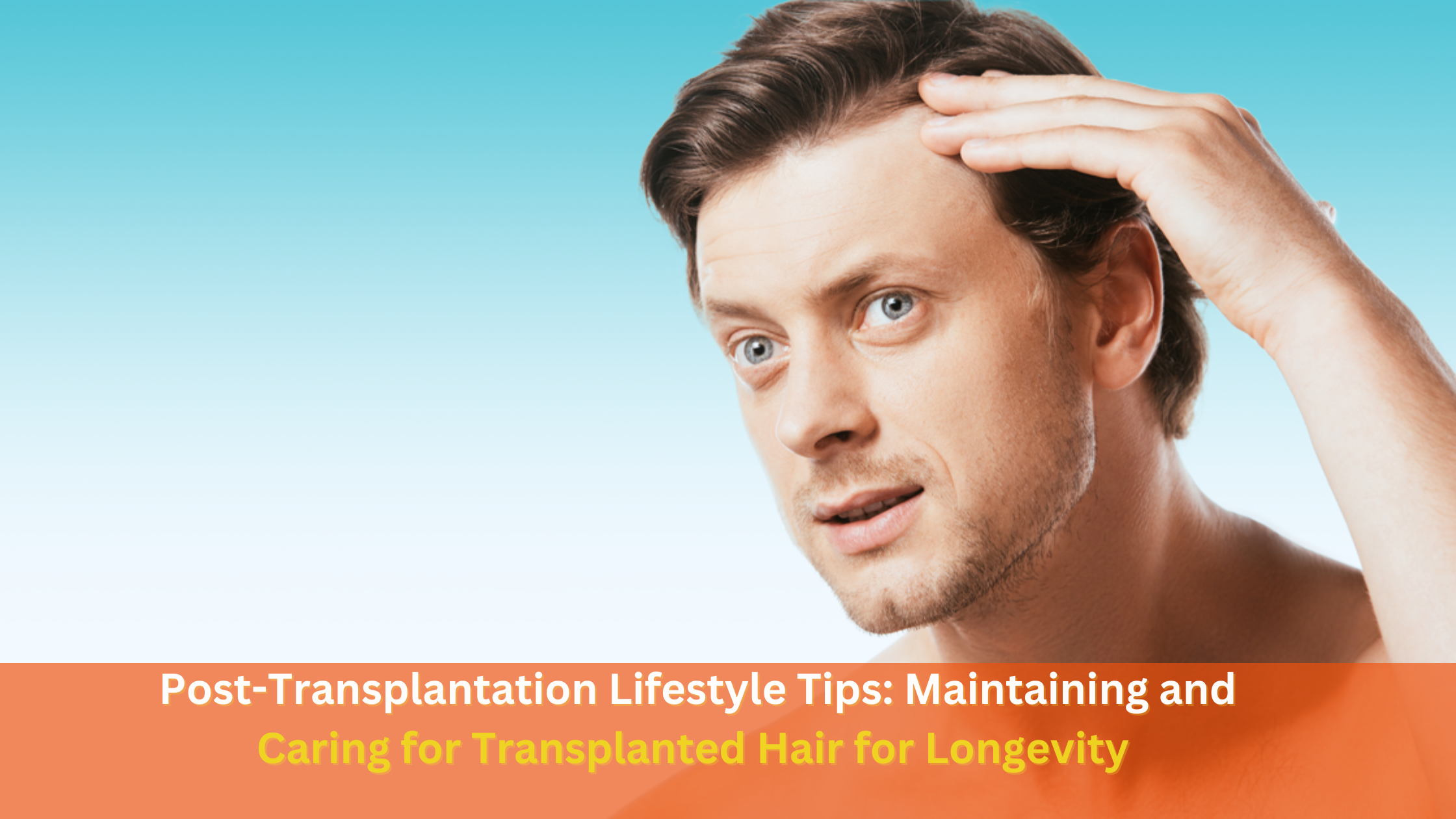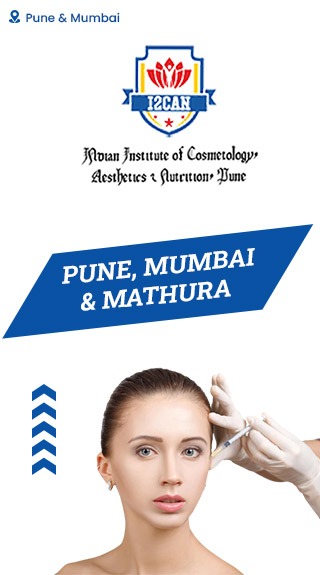Undergoing a hair transplantation procedure can be a life-changing experience for individuals struggling with hair loss. The Certificate in Hair Transplantation (CHT) equips professionals with the necessary skills to perform successful hair transplant surgeries and help patients regain their confidence. However, the journey doesn’t end with the surgery itself. Post-transplantation care and lifestyle choices play a vital role in ensuring the longevity and appearance of transplanted hair. In this blog, we will explore essential lifestyle tips for maintaining and caring for transplanted hair, while also highlighting the role of the CHT course offered by the Indian Institute of Cosmetology, Aesthetics and Nutrition (IICAN) in providing specialized training for hair transplant professionals.
Understanding the Certificate in Hair Transplantation (CHT)
The Certificate in Hair Transplantation (CHT) is a comprehensive course offered by the IICAN. It aims to train professionals in the art and science of hair transplantation. The course covers various aspects, including patient evaluation, donor hair extraction techniques, graft preparation, implantation methods, and post-operative care. The CHT course ensures that hair transplant professionals have the necessary knowledge and skills to provide optimal care to their patients throughout the entire hair transplantation process.
Post-Transplantation Lifestyle Tips for Maintaining Transplanted Hair
- Follow the Post-Operative Instructions: After undergoing a hair transplant, it is crucial to adhere to the post-operative instructions provided by the hair transplant surgeon. These instructions may include guidelines on washing the hair, avoiding certain activities, and taking prescribed medications. Following these instructions diligently promotes proper healing and helps maximize the success of the procedure.
- Be Gentle During Washing and Drying: When washing the transplanted hair, it is essential to be gentle and avoid excessive rubbing or scrubbing. Use a mild, non-abrasive shampoo and gently lather the hair. Pat dry the hair with a soft towel, avoiding vigorous rubbing, which can dislodge grafts or damage the newly transplanted follicles.
- Protect the Transplanted Area from Sun Exposure: Exposure to direct sunlight can be harmful to the transplanted hair and may cause fading or damage. It is advisable to wear a hat or use sunscreen to protect the transplanted area from harmful UV rays, especially during the initial healing phase.
- Avoid Smoking and Excessive Alcohol Consumption: Smoking and excessive alcohol consumption can negatively impact the health of both natural and transplanted hair. These habits can restrict blood flow to the hair follicles, impair healing, and contribute to hair loss. Maintaining a healthy lifestyle by avoiding smoking and limiting alcohol consumption can promote the longevity of transplanted hair.
- Follow a Balanced Diet: Proper nutrition is essential for the health and growth of hair. A diet rich in vitamins, minerals, and proteins supports the vitality of both natural and transplanted hair. Include foods such as fruits, vegetables, lean proteins, whole grains, and healthy fats in your diet to provide the necessary nutrients for optimal hair growth and maintenance.
- Practice Stress Management Techniques: Chronic stress can contribute to hair loss. Engaging in stress-reducing activities such as meditation, yoga, exercise, or hobbies can help manage stress levels and promote overall well-being, including the health of transplanted hair.
- Regularly Maintain and Style Transplanted Hair: Once the transplanted hair has fully healed, it is essential to maintain and style it appropriately. Avoid excessive heat styling, harsh chemicals, or tight hairstyles that can strain the hair follicles. Opt for gentle hair care products and styles that do not put undue stress on the transplanted area.
The Role of the Indian Institute of Cosmetology, Aesthetics and Nutrition (IICAN)
The Indian Institute of Cosmetology, Aesthetics and Nutrition (IICAN ) plays a significant role in the field of hair transplantation by offering the Certificate in Hair Transplantation (CHT) course. Through specialized training and education, IICAN equips hair transplant professionals with the knowledge and skills necessary to perform successful procedures and provide comprehensive post-operative care. The institute’s curriculum focuses on the latest techniques, advancements, and ethical considerations in the field of hair transplantation.
Conclusion
Post-transplantation care and lifestyle choices significantly impact the longevity and appearance of transplanted hair. By following the post-operative instructions, practicing proper hair care techniques, maintaining a healthy lifestyle, and seeking guidance from hair transplant professionals who have completed the Certificate in Hair Transplantation (CHT) course offered by IICAN , individuals can optimize the results of their hair transplant procedure and enjoy long-lasting, natural-looking hair. Remember, a combination of expert care and personal commitment to a healthy lifestyle can help ensure the success of your hair transplantation journey.


